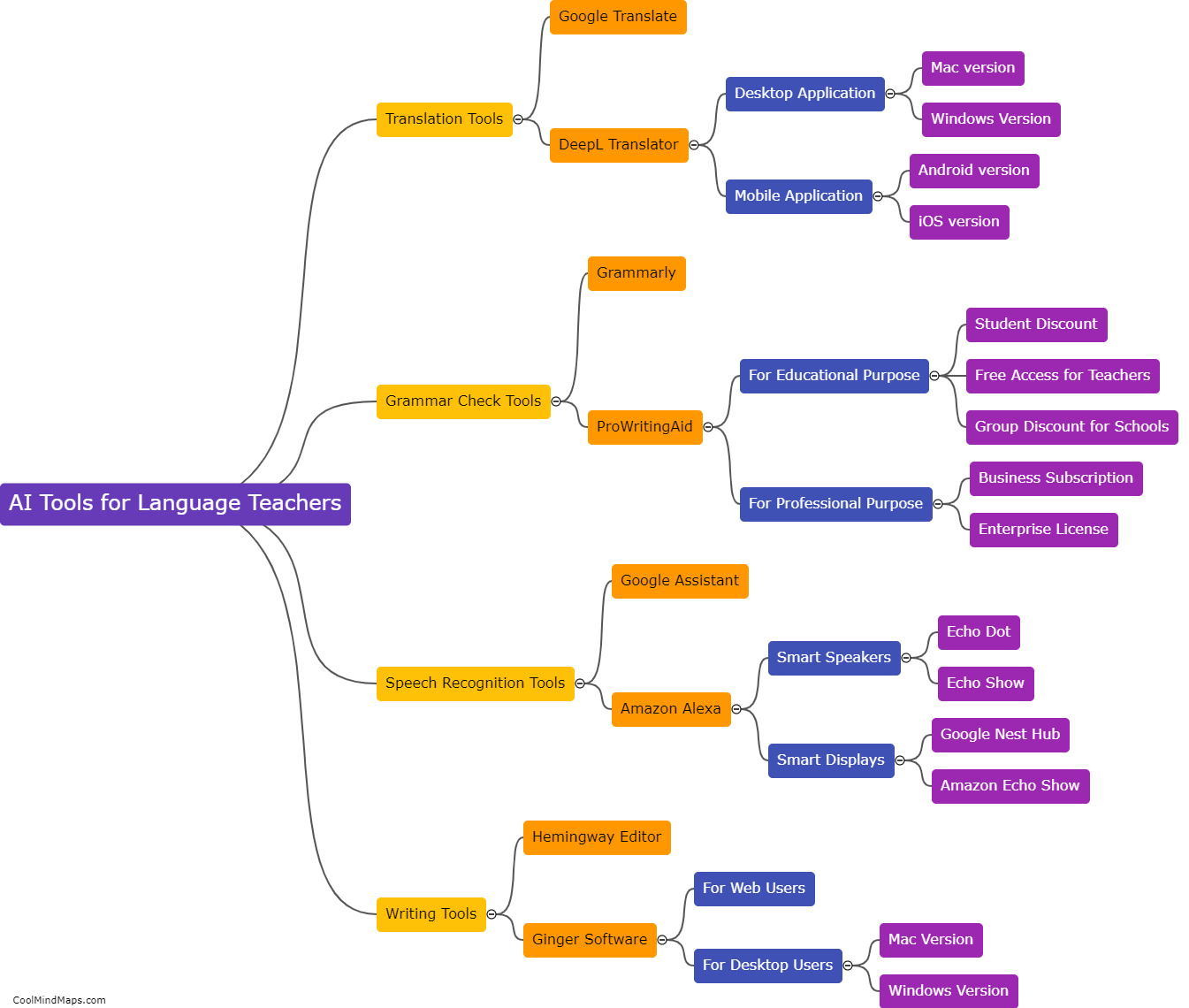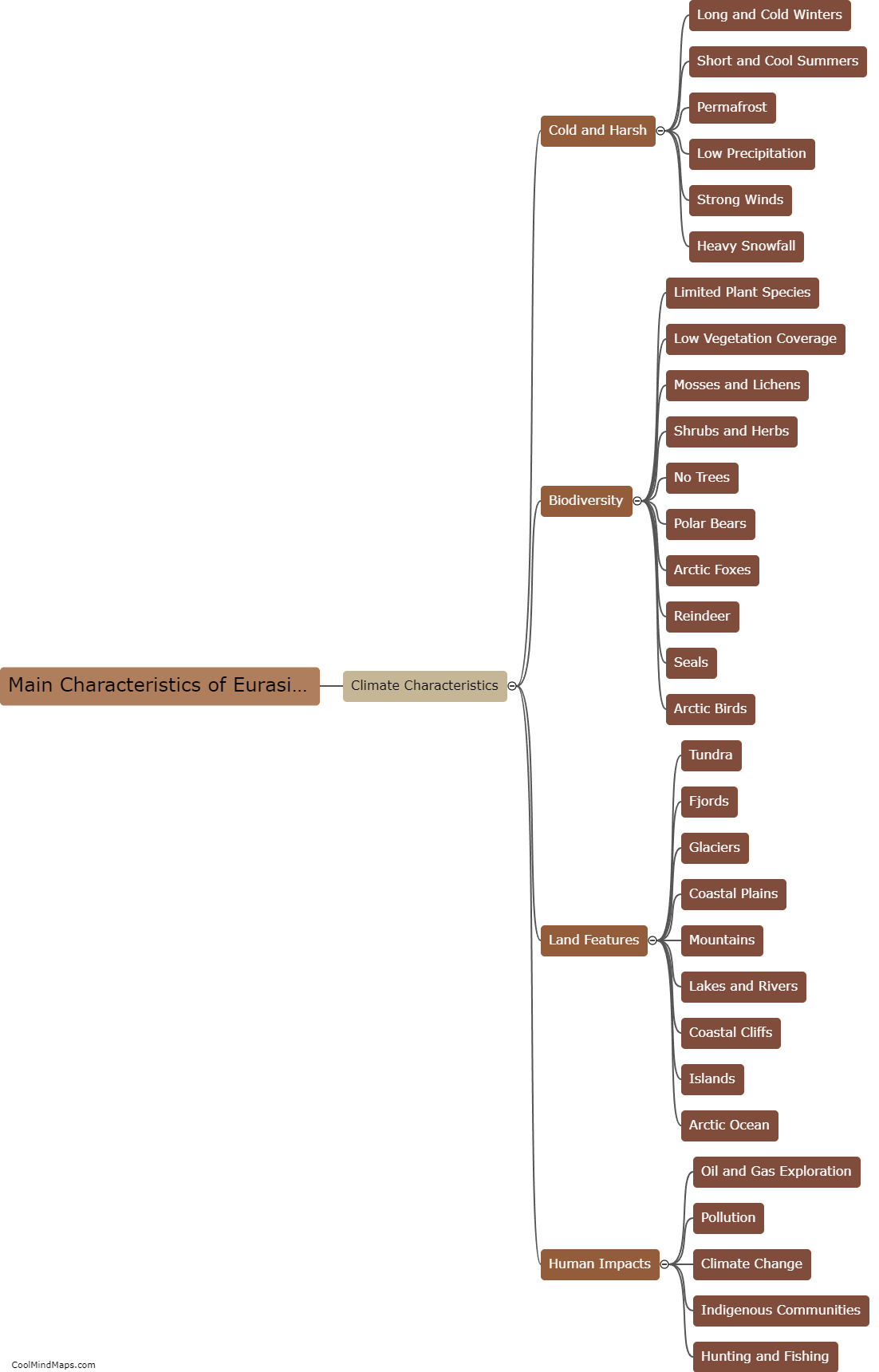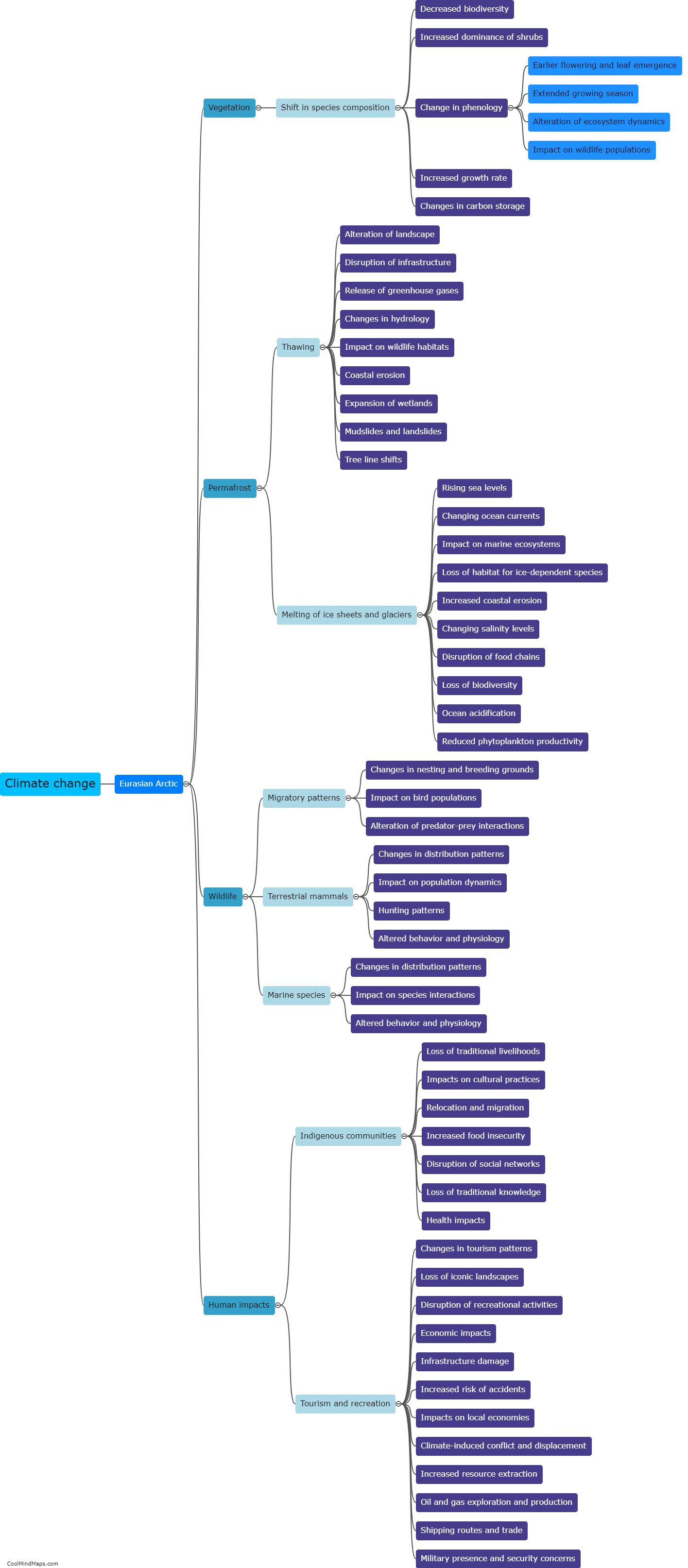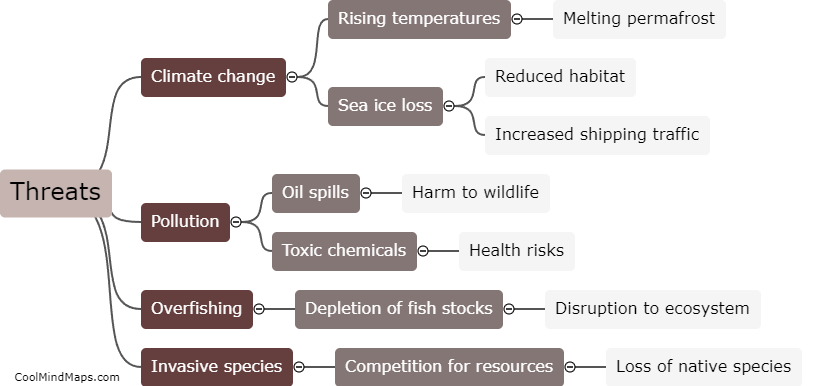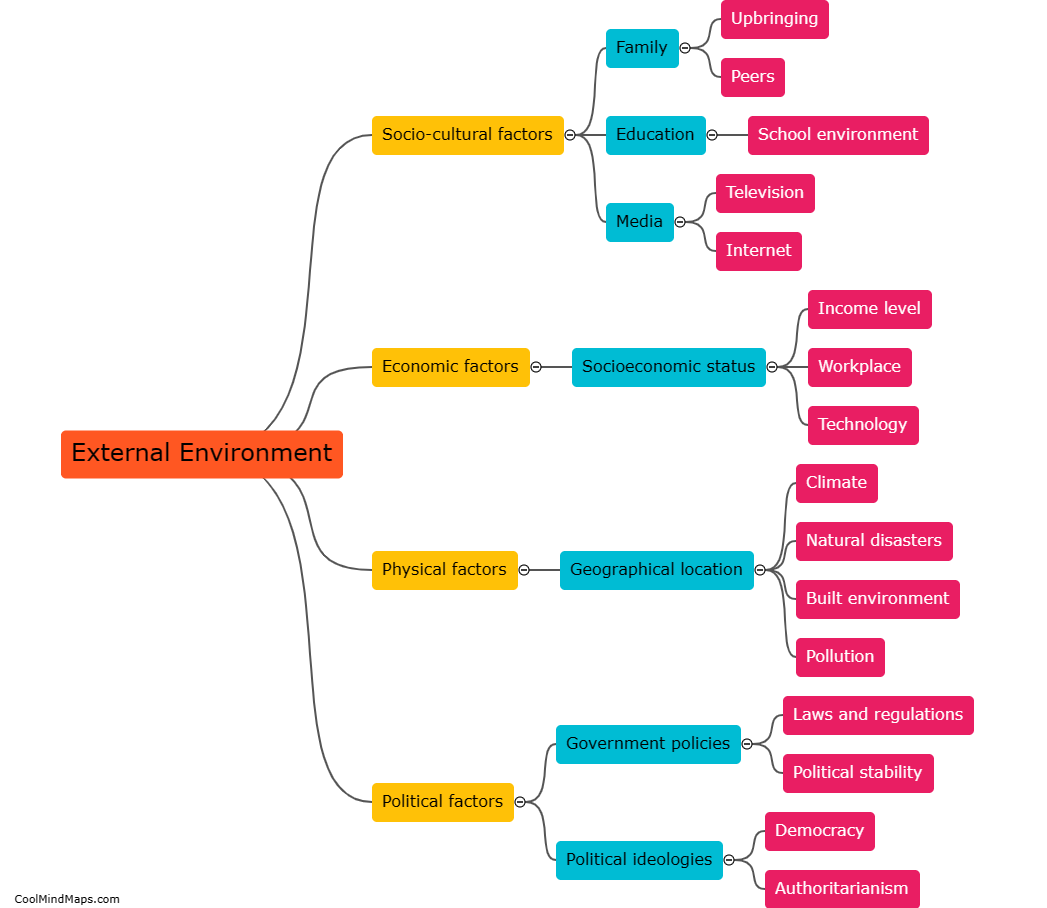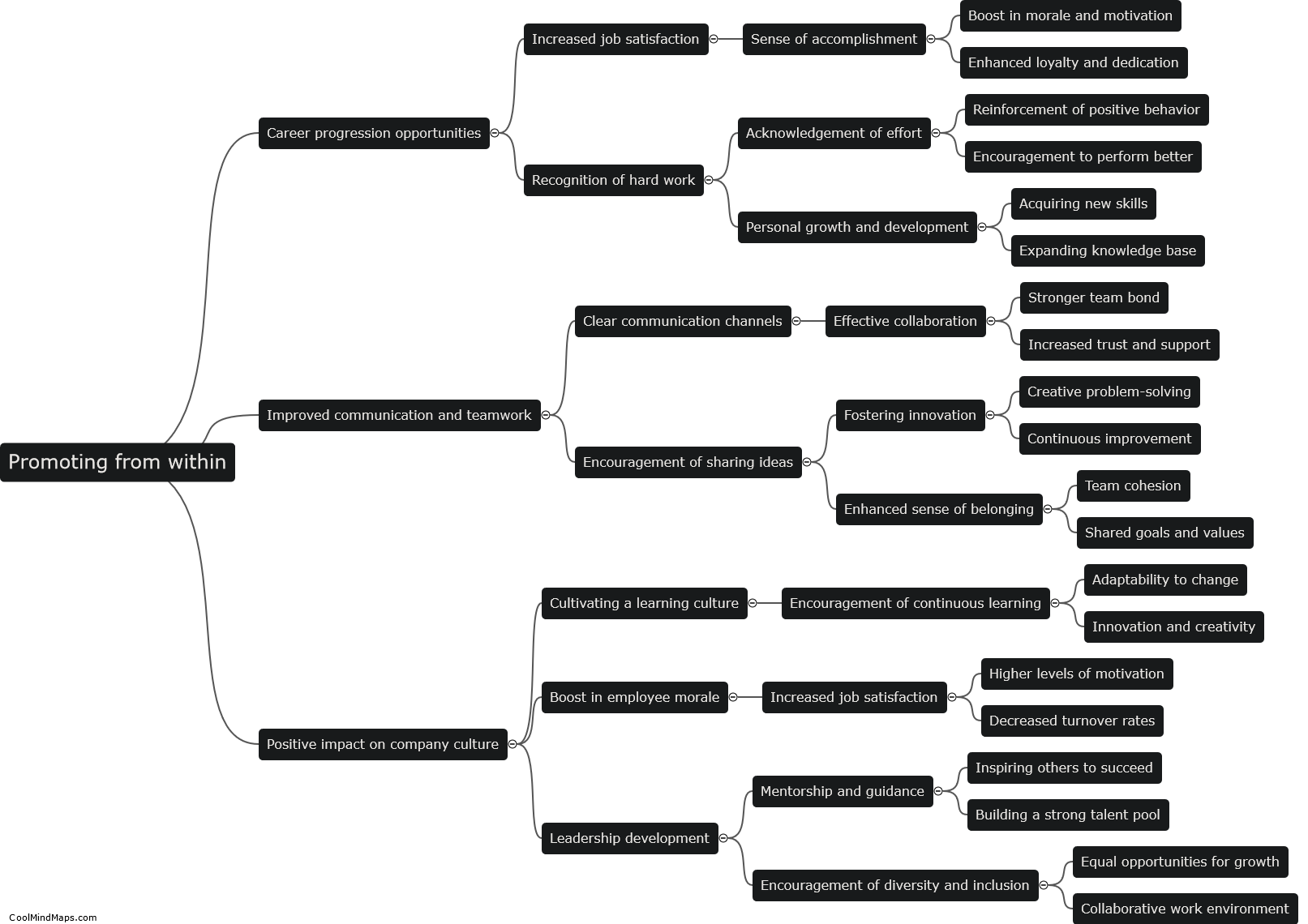What evidence supports the connection between mental state and immune function?
There is growing evidence suggesting a strong link between mental state and immune function. Numerous studies have shown that psychological factors such as stress, anxiety, and depression can significantly impact the functioning of the immune system. For example, chronic stress has been found to suppress immune response, making individuals more susceptible to infections and diseases. Moreover, individuals experiencing prolonged negative emotions or mental health disorders often exhibit weakened immune functioning. Conversely, positive emotional states such as happiness, relaxation, and feelings of social support have been associated with enhanced immune function. These findings highlight the importance of mental well-being in maintaining a robust immune system and emphasize the bidirectional relationship between mental state and immune function.

This mind map was published on 18 October 2023 and has been viewed 104 times.


